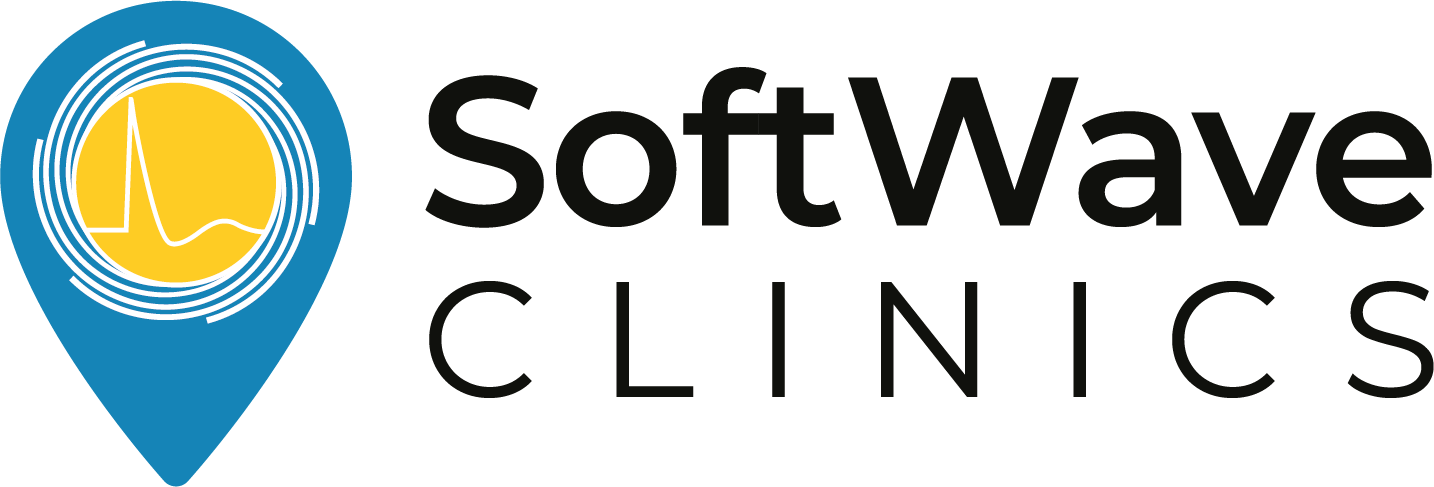Shockwave Therapy Improves Heart Function in Ischemic Heart Failure
Title of study: Direct epicardial shock wave therapy improves ventricular function and induces angiogenesis in ischemic heart failure
Authors: Daniel Zimpfer, Seyedhossein Aharinejad, Johannes Holfeld, Anita Thomas, Julia Dumfarth, Raphael Rosenhek, Martin Czerny, Wolfgang Schaden, Mathias Gmeiner, Ernst Wolner, Michael Grimm
This study has found that low-energy shock wave therapy can improve heart function in rats with ischemic heart failure. Ischemic heart failure is caused by a lack of blood flow to the heart, which can lead to damage and scarring of the heart muscle. In the study, shock waves were applied directly to the damaged heart muscle, resulting in significant angiogenesis, or the growth of new blood vessels, in the treatment group. The treated rats also showed improved ventricular function, or the ability of the heart to pump blood throughout the body, compared to the control group.
The treatment group showed continued improvement in ventricular function over the follow-up period, with ventricular function increasing from 37.4% to 39.5% at 6 and 14 weeks after treatment, respectively. This is in contrast to the control group, which showed no improvement in ventricular function.
In addition to improving heart function, shock wave therapy also led to lower levels of brain natriuretic peptide 45, a marker of heart failure, in the treatment group compared to the control group. The therapy also upregulated the levels of growth factors such as vascular endothelial growth factor, Fms-related tyrosine kinase 1, and placental growth factor, which are important for angiogenesis. The study suggests that shock wave therapy may be a promising treatment for ischemic heart failure, as it can induce angiogenesis and improve heart function.
